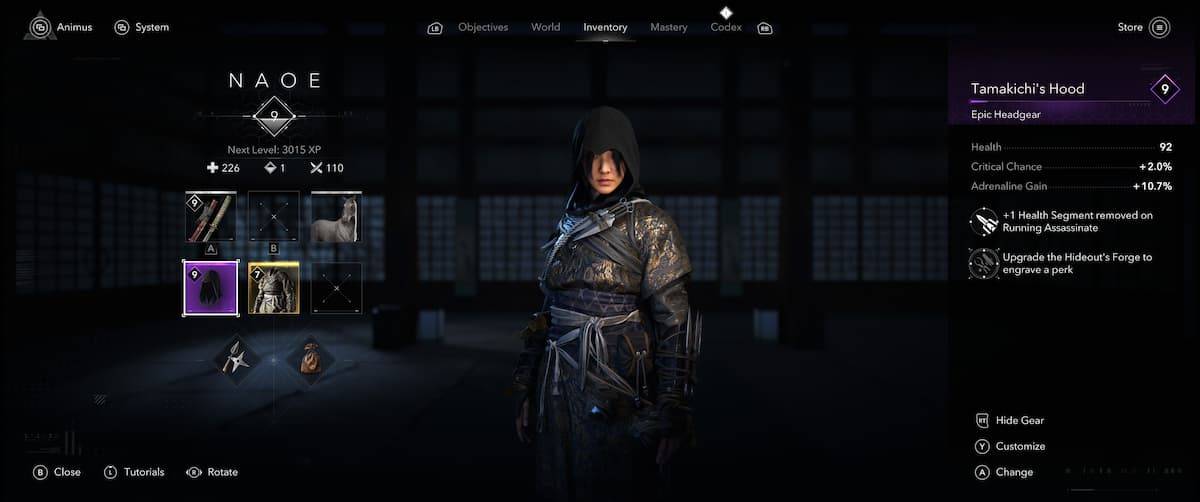With Monster Hunter Wilds just weeks away, Capcom has launched a PC benchmark tool on Steam, allowing players to assess their system's readiness. Alongside this, Capcom has notably lowered the official PC system requirements, which could mean smoother gameplay for a broader range of users.
As highlighted in yesterday's Capcom Spotlight, the PC benchmark for Monster Hunter Wilds is now live on Steam. Upon starting, the tool will compile shaders, but it's straightforward to use, offering a clear view of your system's performance. It's highly recommended to run this benchmark, especially to see how the revised system requirements might enhance your gaming experience.
Previously, achieving 1080p resolution at 60 frames per second with Frame Generation enabled required a beefy setup: an Nvidia GeForce RTX 2070 Super, NVIDIA GeForce RTX 4060, or AMD Radeon RX 6700XT graphics card; an Intel Core i5-11600K, Intel Core i5-12400, AMD Ryzen 5 3600X, or AMD Ryzen 5 5500 CPU; and 16 GB of RAM.
However, an updated page accompanying the benchmark shows Capcom has adjusted the requirements. For the Recommended settings to run at 1080p (FHD) with 60 frames per second and Frame Generation enabled, the new requirements are:
- OS: Windows 10 (64-bit required) / Windows 11 (64-bit required)
- Processor: Intel Core i5-10400 / Intel Core i3-12100 / AMD Ryzen 5 3600
- Memory: 16 GB
- Graphics Card (GPU): GeForce RTX 2060 Super / Radeon RX 6600 (8 GB VRAM)
- Storage: 75 GB (SSD required)
These adjustments should allow Monster Hunter Wilds to run smoothly at 1080p and 60 frames per second with Frame Generation enabled, marking a slight but meaningful decrease in hardware demands.
All Monsters in Monster Hunter Wilds
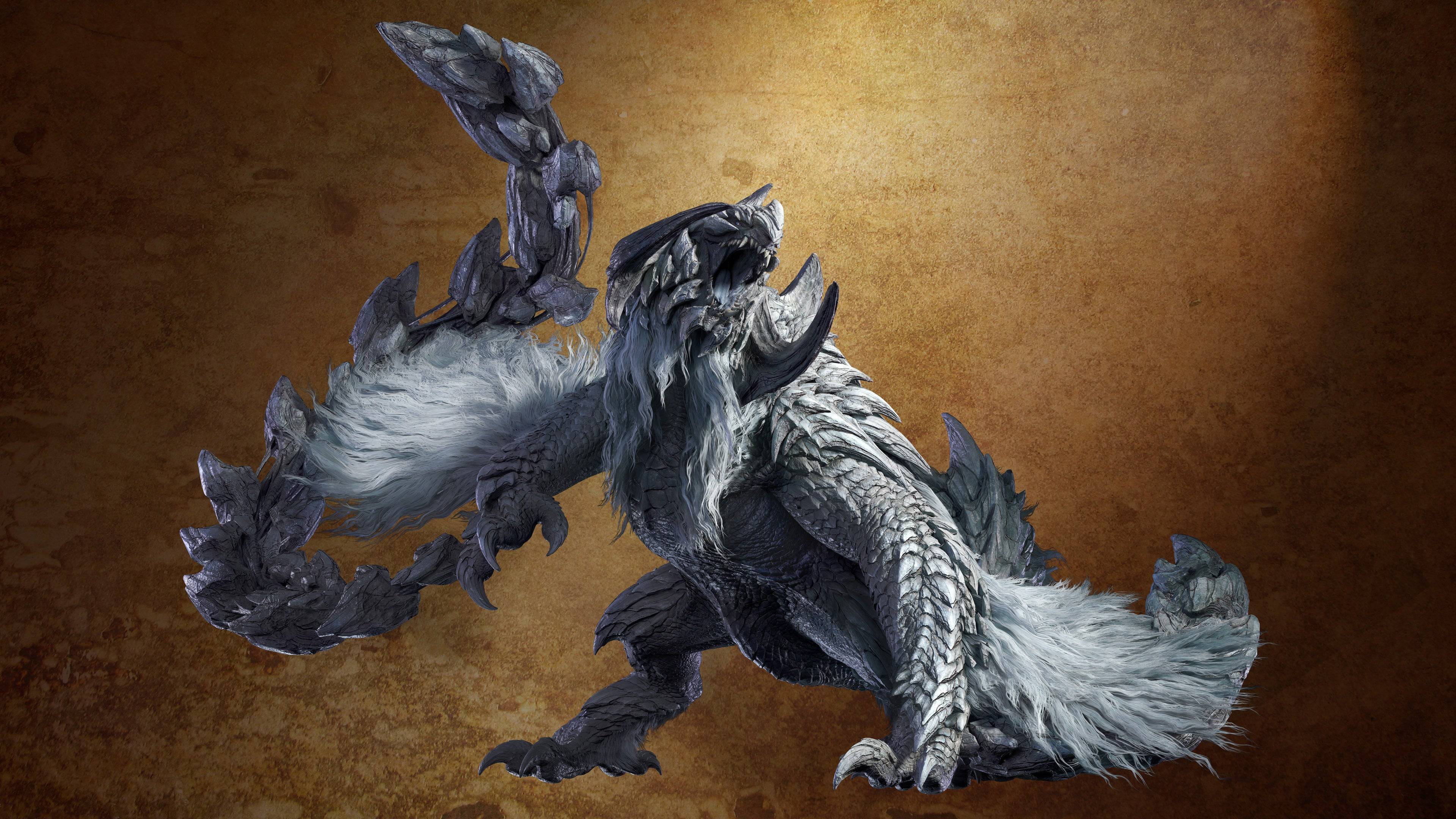
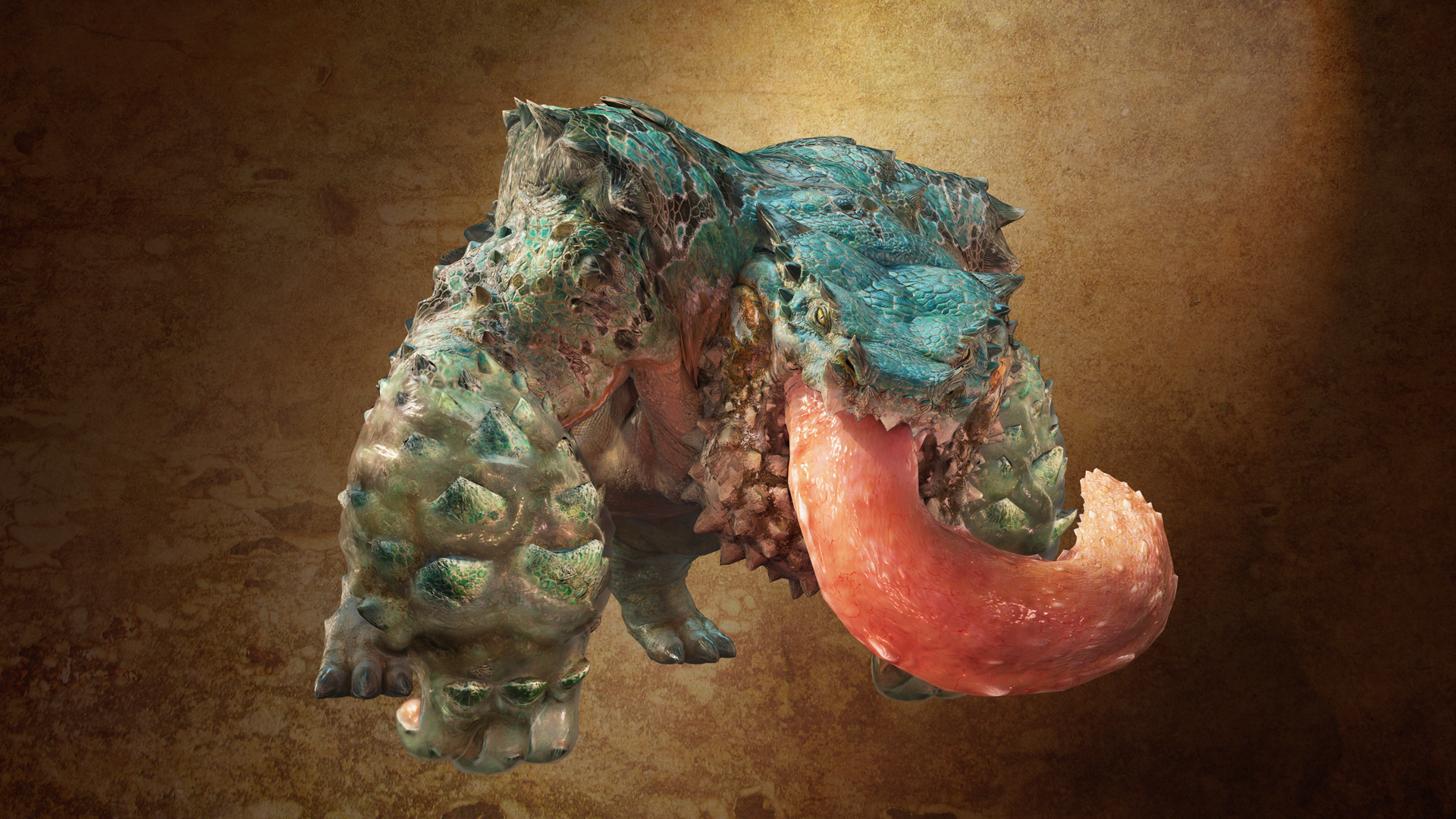 20 Images
20 Images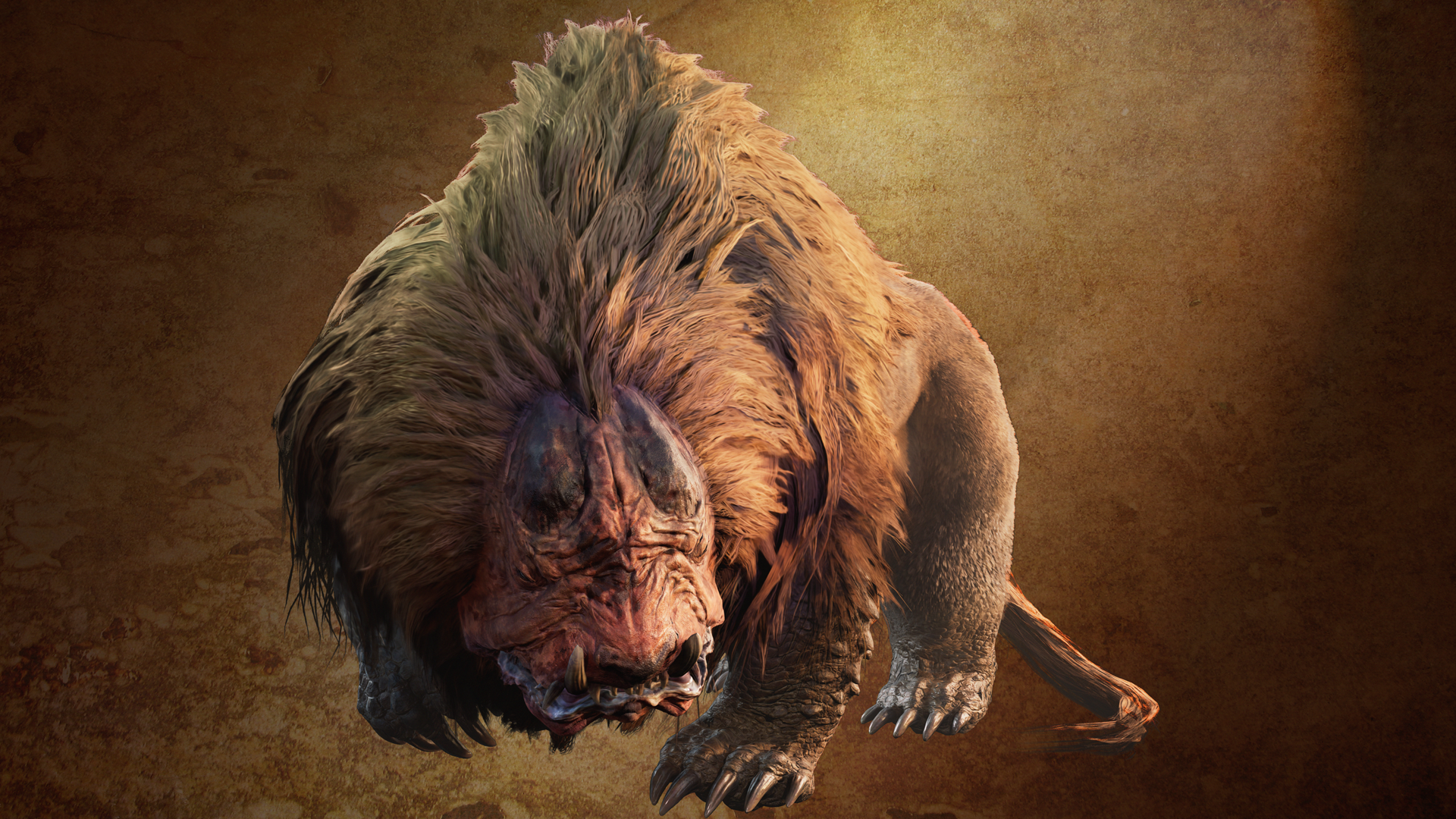
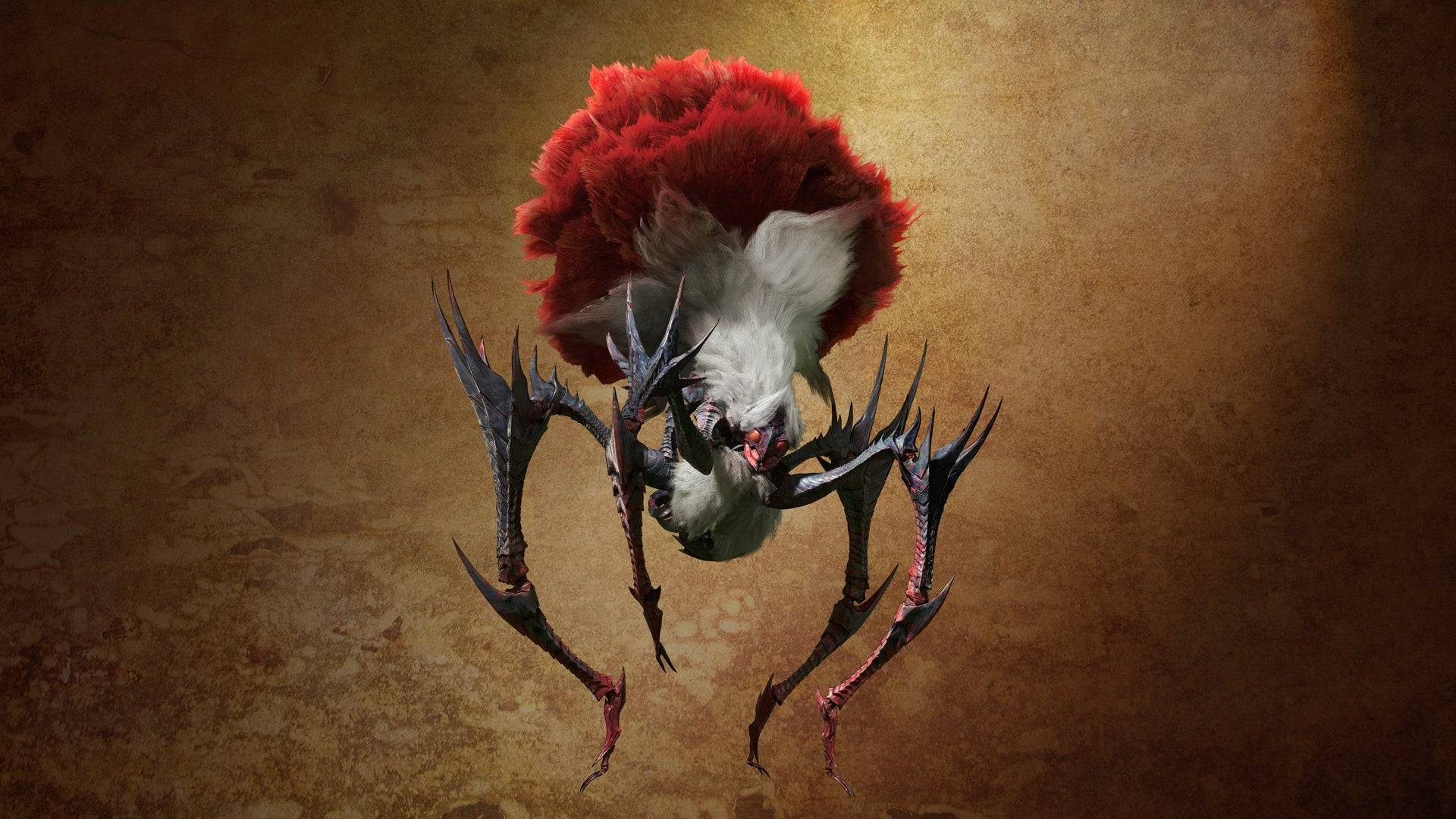
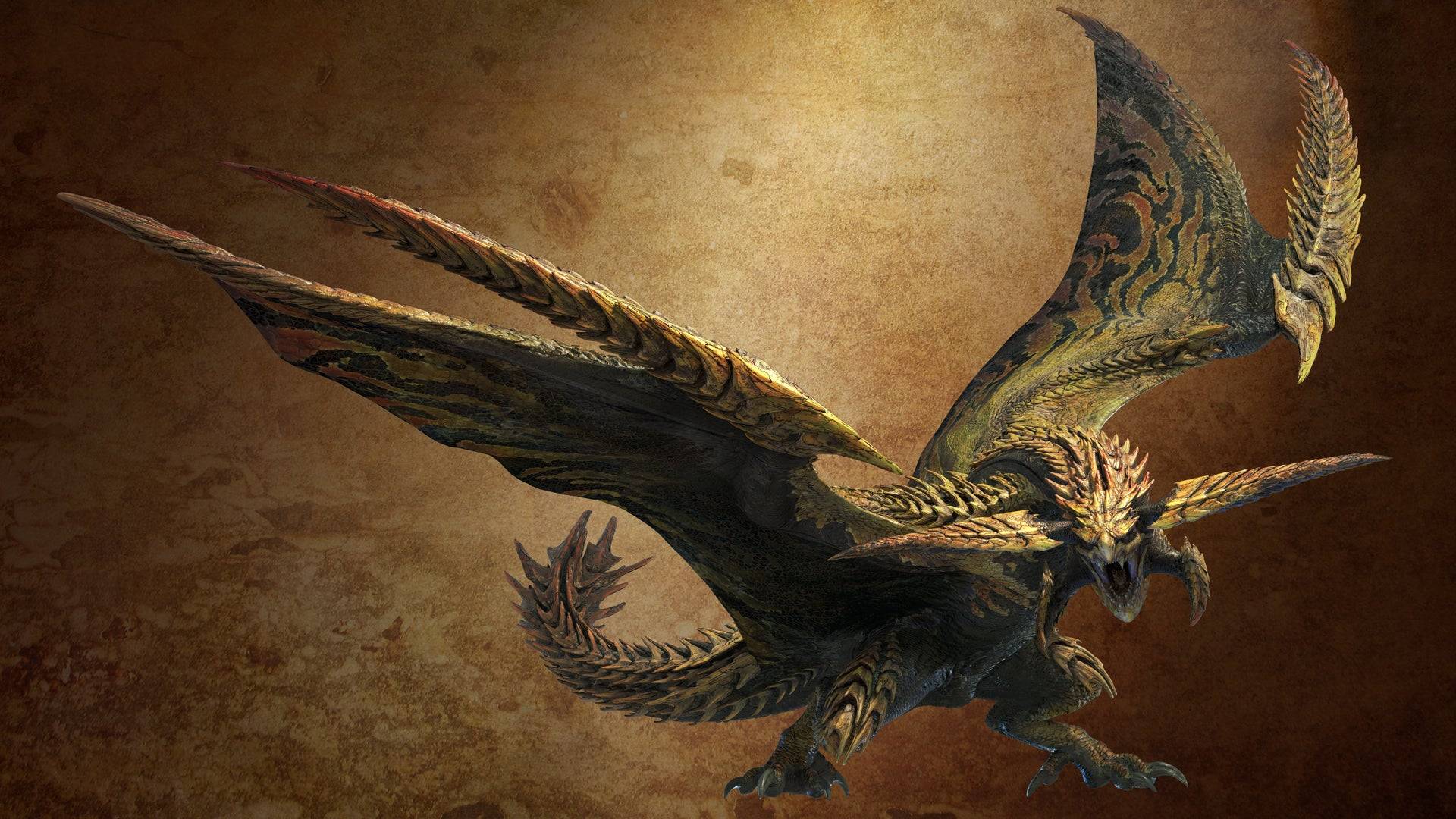
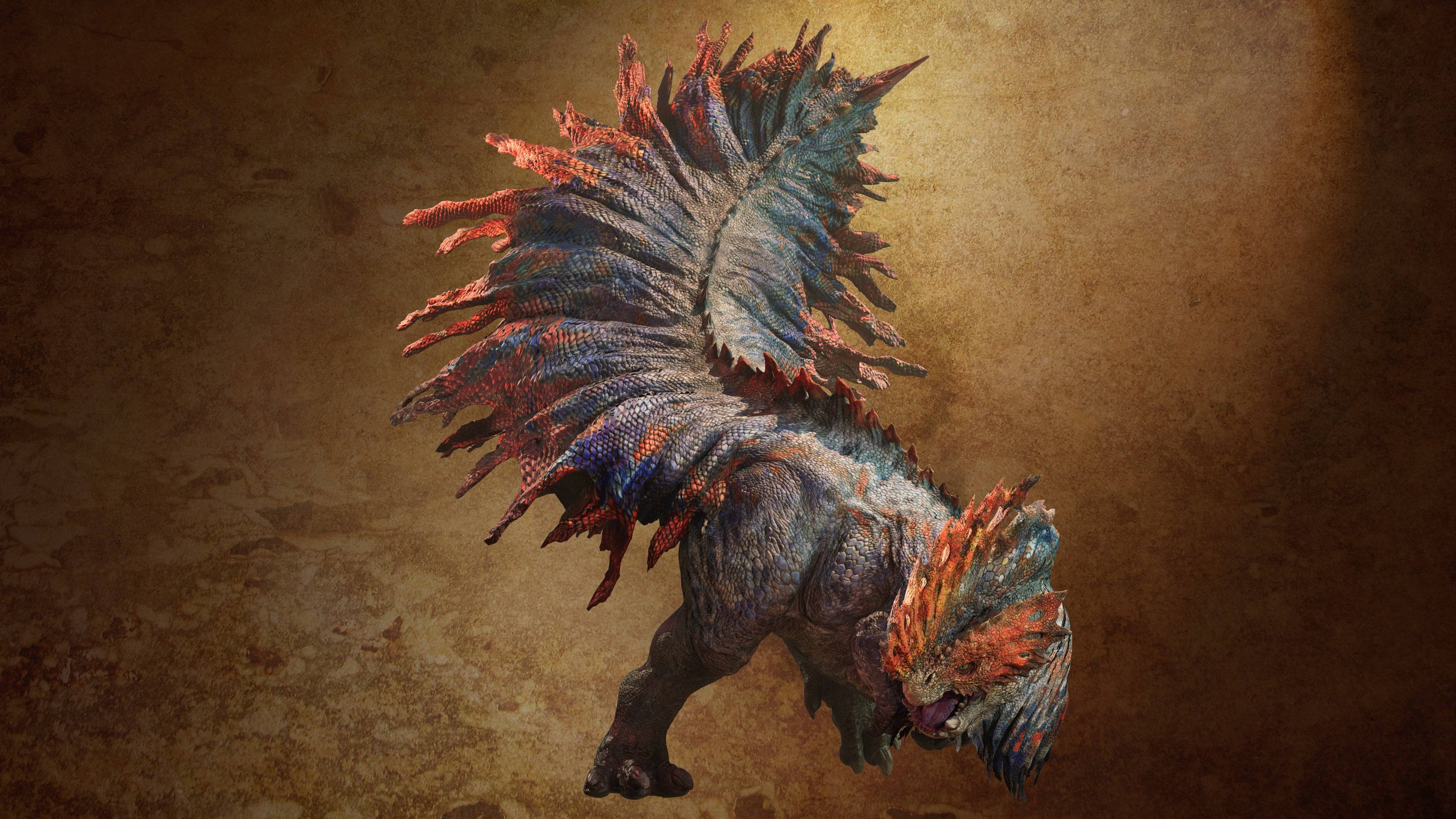
Early user feedback on the benchmark has been positive, with noticeable performance improvements reported, particularly with Frame Generation enabled. However, running the game on a Steam Deck appears challenging, as my tests on this platform didn't yield encouraging results.
Another significant change is the reduction in storage requirements. Where Monster Hunter Wilds previously needed 140 GB of SSD space, it now requires just 75 GB. This reduction is unexpected, given the typical trend of increasing file sizes in modern games.
For a deeper dive into what Monster Hunter Wilds has to offer, check out our recent IGN First coverage. It features thrilling encounters with formidable creatures like the apex monster Nu Udra, along with our final hands-on impressions of Capcom's latest Monster Hunter before its release. Monster Hunter Wilds is set to launch on PlayStation 5, Xbox Series X and S, and PC on February 28, 2025.


 20 Images
20 Images



 LATEST ARTICLES
LATEST ARTICLES 